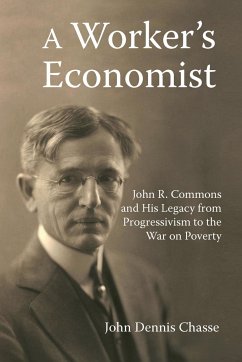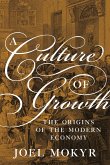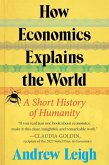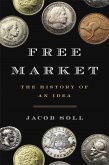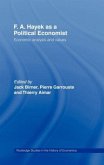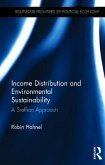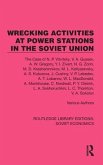John R. Commons is one of the few reformers of the past century whose major works are still actively read, whose ideas are still debated, and whose principles are still applied to the analysis of contemporary problems. His life spanned the years of America's "Great Transformation," from a nation of shopkeepers, farmers, and small towns to one of giant corporations, landless laborers, and crowded cities. He became involved in almost every aspect of America's response to the damaging side effects of that transformation. A Worker's Economist begins with John Commons' childhood and education and continues through his life as a scholar, teacher, administrator, and reformer. Commons' list of accomplishments are great in number and overall effect. He worked on the staff of the first government commission to investigate the economic and social consequences of corporate mergers. He served as a public representative on the commission that investigated industrial violence and workplace relations. He was a participant observer in America's largest and most historic mineworkers' strike. He wrote and administered the nation's first constitutional worker compensation law. He developed principles of social reform and public administration that his students carried into the design and administration of the Social Security system as well as Lyndon B. Johnson's War on Poverty. John Dennis Chasse reviews Commons' major works, describes the people with whom he worked, and follows the fortunes of the unions that were intrinsic to his vision of "collective democracy." As a final testament to Commons' importance, Chasse considers his legacy as it endures in the work of his students and beyond.
Hinweis: Dieser Artikel kann nur an eine deutsche Lieferadresse ausgeliefert werden.
Hinweis: Dieser Artikel kann nur an eine deutsche Lieferadresse ausgeliefert werden.

